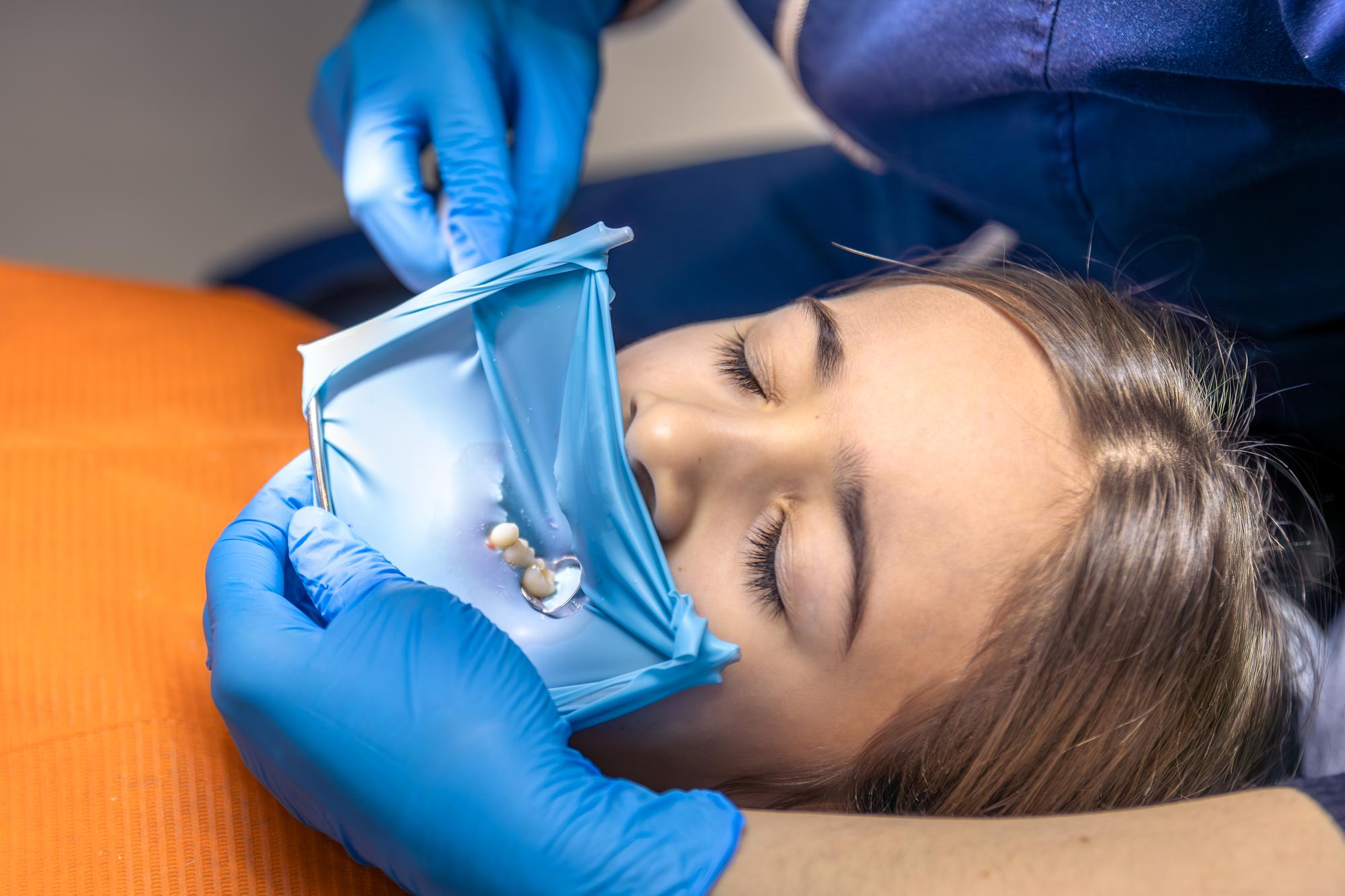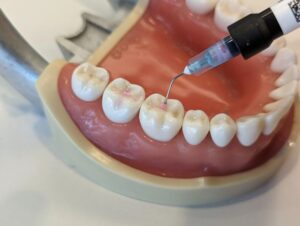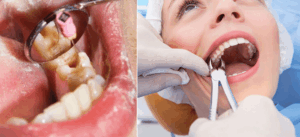Dealing with cavities requires the right approach and professional guidance. A trusted Encino dentist can help you understand the best treatment options for your specific situation. This guide provides comprehensive information on cavity formation, prevention, and treatment. We’ll explore proper oral care habits, preventive steps, and available treatments. Understanding these basics helps you take better care of your teeth and avoid future dental problems.
Understanding Cavity Formation
Cavities form when bacteria in your mouth create acids that damage your teeth. The primary bacteria responsible are Streptococcus mutans, which feed on sugars and starches found in food. These bacteria produce acids that break down the tooth enamel, the hard outer layer that protects your teeth. Poor oral hygiene, frequent snacking, sugary drinks, and a lack of fluoride make cavities more likely. Regular dental visits, proper brushing and flossing, and eating a balanced diet help prevent cavities and keep your mouth healthy.
Adopting Proper Oral Hygiene Habits
Good oral hygiene is your best defense against cavities. Brush your teeth at least twice daily with fluoride toothpaste to remove plaque, a sticky film of bacteria that causes cavities. Floss every day to clean between teeth and along the gumline where your toothbrush can’t reach. Using mouthwash helps reduce plaque and prevent gum disease and teeth whitening treatments can enhance your smile when combined with good oral care. Regular dental visits and professional cleanings help catch and treat problems early. Eating a balanced diet with reduced sugar and acid intake is beneficial for your teeth and overall health. Sticking to these habits is the key to preventing cavities.
Implementing Preventive Measures
Prevention is the best way to avoid cavities. Regular dental checkups enable dentists to spot early signs of cavities and treat them promptly. During these visits, dentists can apply fluoride treatments or dental sealants to protect your teeth from decay. Daily oral care includes brushing twice a day with fluoride toothpaste, flossing, and using an antiseptic mouthwash to remove plaque and bacteria. Eating a balanced diet with fewer sugary and acidic foods also helps prevent cavities. Adding these preventive steps to your routine can reduce your risk of cavities and help keep your mouth healthy.
Exploring Treatment Options
Treatment for cavities depends on the severity of the decay, its location, and your personal preference. In some cases, cosmetic solutions like porcelain veneers may be recommended to restore both function and appearance, especially for front-facing teeth. Early-stage cavities may only require fluoride treatments or dental sealants to help the teeth heal. When decay has worsened, treatments such as fillings, crowns, or root canals may be necessary to restore the tooth’s function and structure. Root canals are used when extensive decay reaches the tooth’s pulp. When a cavity has caused too much damage, emergency dental extraction might be the only option. Consult with your dentist to determine the most suitable treatment plan for your specific cavity.
Maintaining Regular Dental Checkups
Regular dental visits are important for preventing and treating oral health problems. These routine appointments help maintain good oral hygiene and catch issues early. Here are key reasons why regular dental checkups matter:
- Early Detection: Dentists can find signs of cavities, gum disease, or other oral problems in their early stages
- Professional Cleaning: Dental professionals remove plaque and tartar buildup that regular brushing and flossing might miss
- Preventive Care: Dentists provide preventive treatments like fluoride application or dental sealants to protect teeth
- Personalized Advice: Get customized guidance on oral hygiene practices, diet, and lifestyle habits for better oral health
- Monitoring Changes: Regular visits let dentists track changes in your oral health and adjust treatment plans as needed
Related Topics:






